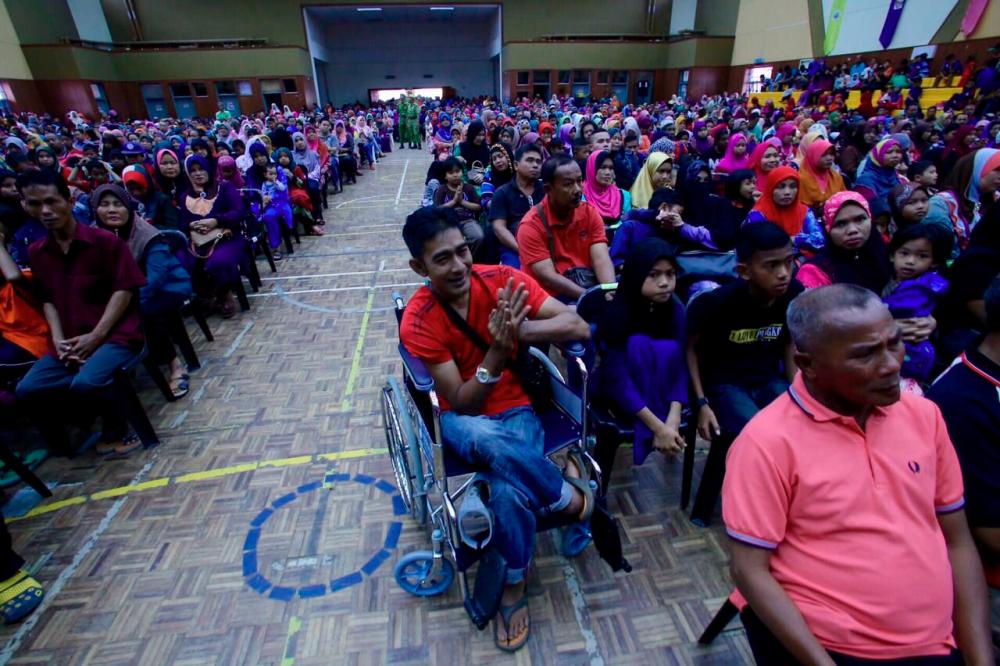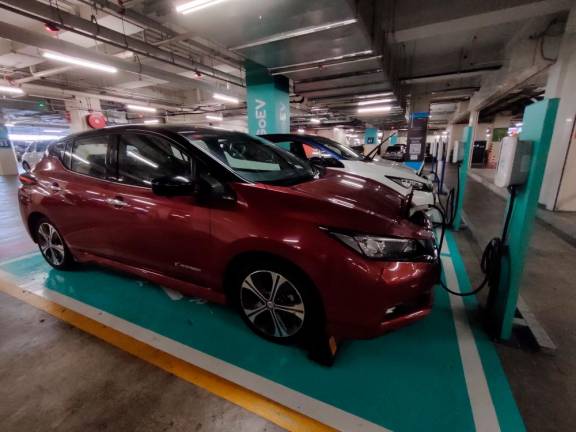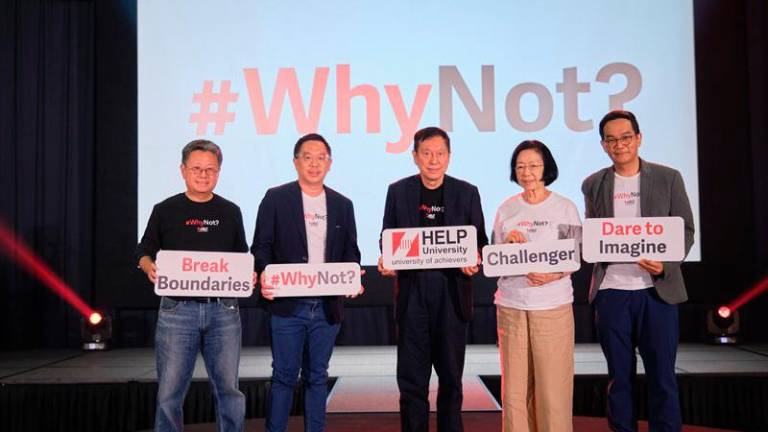PETALING JAYA: Should the government continue to channel financial support directly to the people through Bantuan Keluarga Malaysia (BKM) or must it employ better methods to disburse such aid, apart from prioritising the recipients?
Universiti Malaya former Economics Department professor Dr Fatimah Kari, who was commenting on the upsurge in prices of goods and the shortage of essential supplies, said the government should ensure that aid is directed at the right group of people.
Speaking to theSun, she said the government should replace the cash handouts approach with a food voucher system to ensure that recipients do not misuse the money on non-essential items.
“Price control is the most difficult instrument to be managed, with the shortage of supplies partly caused by the Russia-Ukraine war.
“Giving cash is workable, but the right recipients should be targeted. It can be improved through a food voucher system because if you give them cash, people will spend it on non-essential items such as cigarettes.
“The government knows where the target groups are, but I just don’t know why it is not being done. In my research, they are in the E-Kasih, JKM and EPU lists, but why are those lists not used?” she said, adding that the government also needs to ensure there are sufficient job opportunities so that everyone can cope with the current economic situation.
Fatimah, who said she is also aware of the people’s “choosy” attitude of turning down low-paying jobs, stressed firms should also play their role.
“I’m aware that many Malaysians would not go for low-paying jobs, but this is where negotiation is needed. We need to consider protecting their social security such as job opportunities, medical benefits and education opportunities for their children.
“I’m sure if these things are on the table, Malaysians would take up available jobs, because social protection is essential since everybody is struggling to survive,” she said.
UOB Research senior economist Julia Goh said providing cash subsidies would serve the intended purpose if the government plans it more efficiently.
However, she noted that such an approach will only help targeted groups to purchase household items but may not curb the rising prices of essential goods and other essential items.
“The subsidy approach will work if it is transparent and efficient. Otherwise, there would be other downsides, especially if it is not channelled to the targeted groups or affects production that could aggravate food security and supply issues.
“Cash subsidies would help to alleviate the burden of rising costs. However, it will not help to cap rising prices.
“If anything, it will spur demand and increase inflationary pressures,” she said.
“Giving cash is workable, but the right recipients should be targeted. It can be improved through a food voucher system,” said Fatimah.














